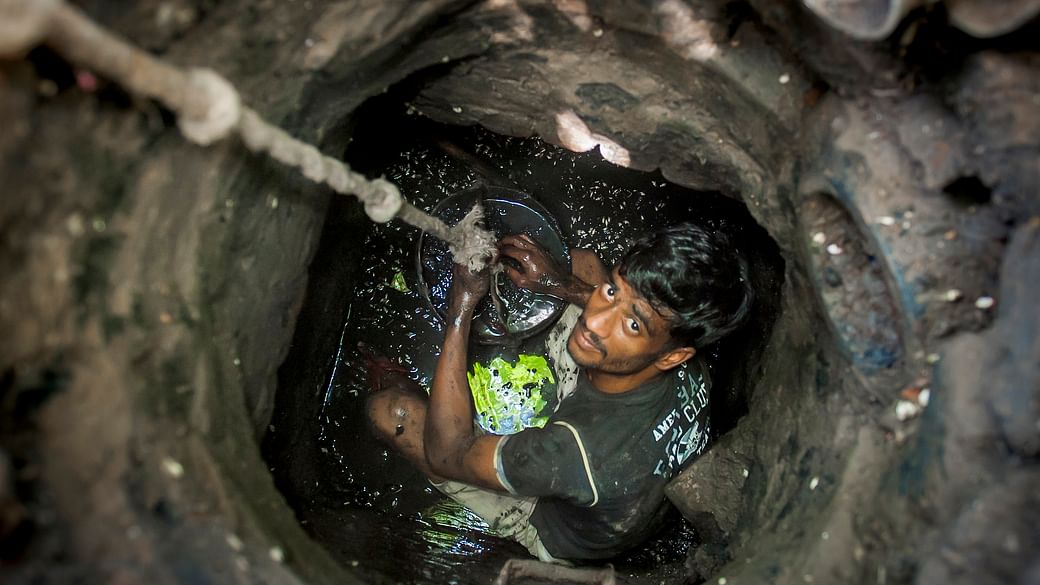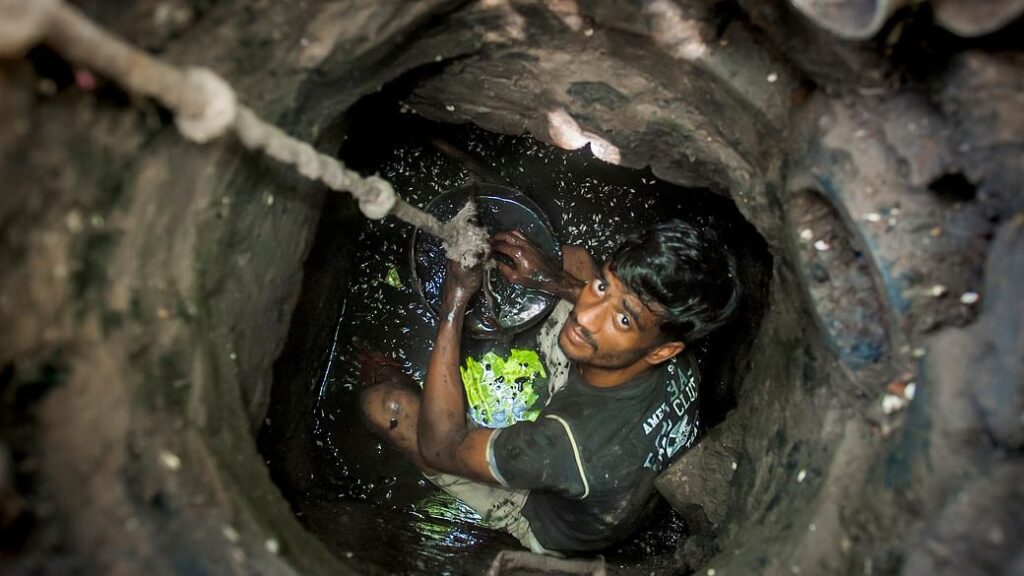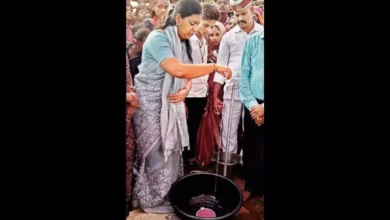After thousands of years, India to put an end to Manual Scavenging by 2021


The Indian government announced a slew of measures to end the discriminatory and hazardous practice of manual scavenging by August 2021. Manual scavenging is the practice of removing human excrement from toilets, septic tanks or sewers by hand.
These are some of the key measures that are being implemented:
1. Amend the Manual Scavenging Act to make mechanised cleaning of sewers and septic tanks mandatory.
2. Replace the word “manhole” with “machine-hole” in official usage.
3. Set up a national 24×7 helpline to report violations.
4. If any human needs to enter a sewer line in case of unavoidable emergency, proper gear and oxygen tanks, etc., are to be provided.
The Ministry of Social Justice and Empowerment will bring amendments to Prohibition of Employment of Manual Scavengers and their Rehabilitation (PEMSR) Act to end to the hazardous practice, which is believed to have existed since the beginning of the civilization in India, the Centre announced on the occasion of World Toilet Day on Thursday.
India began outlawing the employment of manual scavengers in 1993, expanding the law in 2013 — but little impact has been seen on the ground, as hundreds of people continued to be pushed into the profession.
Scavenging is mostly carried out by a sub-group of the Dalits, an outcast community also known as “untouchables” within India’s ancient system of caste hierarchies.
“Untouchables” are often impoverished, shunned by society and forbidden from touching Indians of other castes, or even their food.
Last year, government data showed 110 people died while cleaning sewers and septic tanks.
According to the Population Census 2011, manual scavenging, even after being banned, is the primary occupation of over 1.8 lakh Dalit families. As per the data collated by Safai Karamchari Andolan, about 1,760 people have died because of manual scavenging in the past 20 years.
SKA’s estimates show that over 7.7 lakh workers have been sent into sewers since 1993 with complete knowledge and awareness of the dire consequences. There are nearly 26 lakh dry latrines across the country where humans are employed for cleaning excreta to earn their food.



